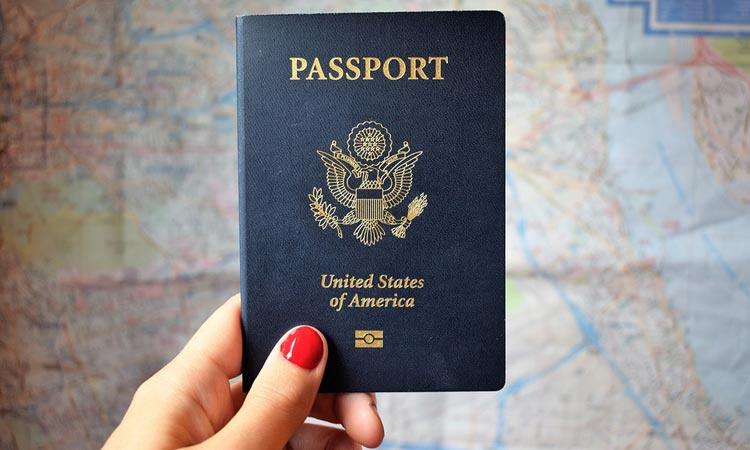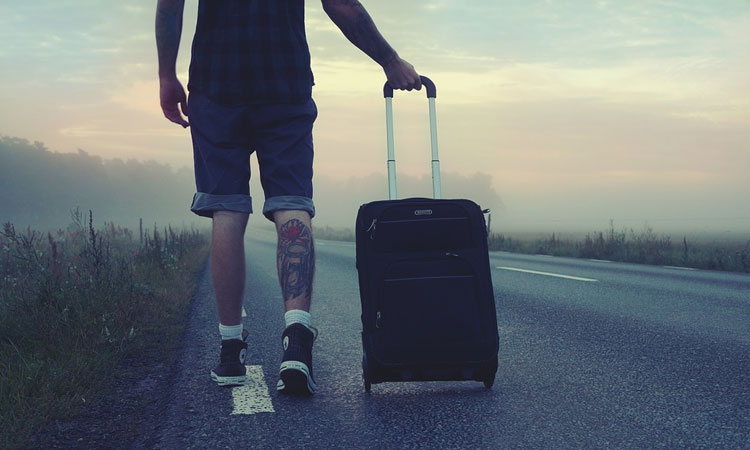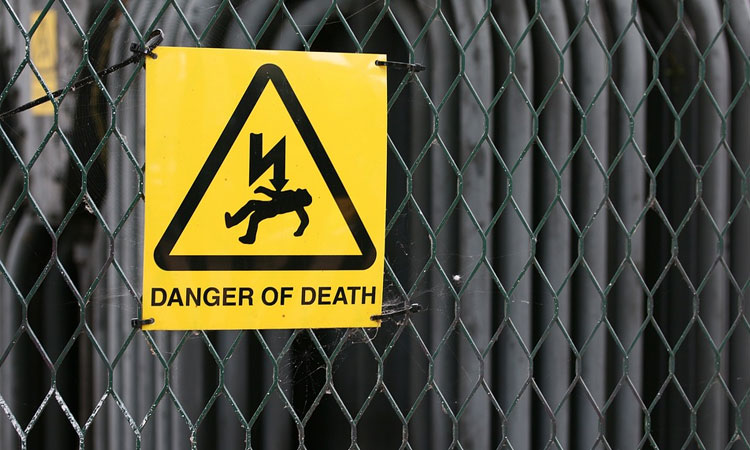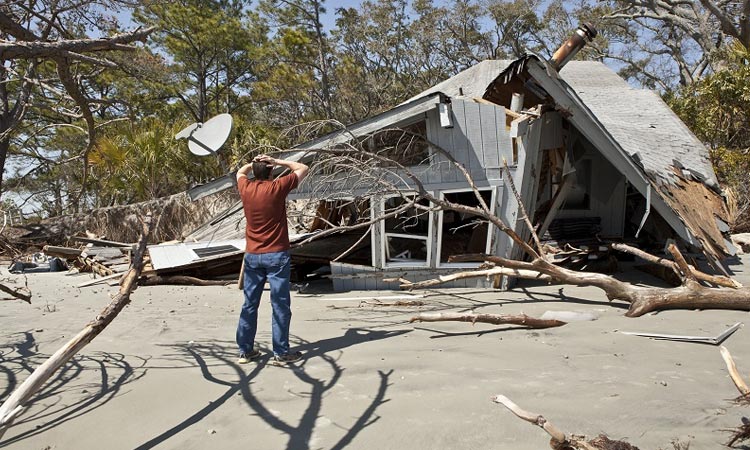A ruined vacation feels like a wasted vacation. One thing that goes wrong can spoil your whole trip if it’s big enough. You might not want to let it, but it’s hard to get over the effect it can have. If you don’t want your travels to be upended by something going wrong, the best thing you can do is try to prevent anything going awry. And if you can’t do that, being prepared to deal with a disaster is the next step to ensuring everything isn’t ruined. If you want to make sure your whole trip goes as smoothly as possible, here’s what you can do.
Research Your Destination:
Before you set off on a trip, find out as much as you can about where you’re going. You don’t need to become an expert on local politics or learn the names of all the lakes and rivers, but it’s helpful if you have at least a basic knowledge of where you’re going. Find out about it in relation to being a traveler. What customs might you need to follow? What vaccinations might you require? Are there any current events that you should know about that might make your trip more dangerous than usual, or perhaps mean there are certain areas you should avoid? Of course, you need the basic things too, like what languages are spoken and the local currency.

Check Your Travel Docs:
If you’re leaving the country, you’re going to need a passport or other valid travel ID, and possibly a visa or other travel documents too. It’s essential to arrange these in advance and make sure you have it all sorted, so you don’t end up held up at border security or even turned away and unable to enter the country. Don’t just assume that your passport is valid. Check the date to make sure, and remember that some countries will prefer if you have at least six months left before it expires. If you need a visa (or visa waiver), it’s up to you to apply correctly and to be honest when you answer any questions. Don’t leave it too late to apply, either.
Read Reviews and Ratings:
A bad hotel, restaurant, airline or any other service or business could potentially ruin your trip completely. Being stuck in a terrible hotel for a week definitely isn’t going to improve your vacation. If you want to avoid this happening, reading reviews and checking ratings is one of the best things you can do. Previous guests and customers who have had poor experiences are all too happy to warn others of how they were treated. You can often fall for these things when you spot what you think is a great deal, but you need to remember that low prices will often result in low quality.
Tell People Where You’re Going:
This tip can be split into two different pieces of advice: tell official people (like your bank) where you’re going, and tell your friends and family where you’re going. Before you use any cards or spend money abroad, it’s a good idea to tell your bank and card companies that you’ll be away. Otherwise, they might flag up any spending as unusual activity and block your card. It can be a hassle to unblock while you’re away, especially if you can’t remember your phone security details. When it comes to friends and family, don’t just tell them what city or country you’re going to. Let them know when you go on excursions and when you aim to be back, as well as when you might not be able to contact them. This is even more important if you’re traveling alone. You might even want to tell your hotel front desk when you go out. This will all help you stay safe, and make sure the alarm is raised if you go missing.

Remember That the Journey Is Just as Important:
While you want to enjoy your time on vacation, it’s getting there that can often ruin your trip. If you don’t want the journey to go wrong or make you miserable, you can plan it well so that it goes smoothly. Start by finding the best company to use for your journey. If you need to book a flight, compare what Southwest Airlines has to offer you compared to United or Delta. You might save money by choosing a cheaper provider, but that could come back to bite you. Look at how well companies treat their customers when something goes wrong too. Some problems are unavoidable, but a company that responds well can make a huge difference to your experience.
Make Efforts to Stay Healthy:
Getting ill or hurting yourself when you’re on vacation is one of the easiest ways to ruin it. Start with preventative measures if you want to avoid getting sick. You might need to get some vaccinations before you leave, or perhaps research how to stay healthy. For example, you might have to avoid drinking tap water or eating street food. The next best thing you can do is ensure an accident or illness doesn’t make things worse than necessary. Travel insurance will help you with this, ensuring you can get any medical attention you might need.

Stay Safe:
Being the victim of a crime isn’t going to improve your vacation, either. While there’s nothing you can do to completely avoid the risk, you can do a few things to try to improve your safety. For example, you can avoid going to high-crime areas or making yourself stand out as a tourist. Keep your money safe and try not to wave it around, or make it too obvious that you have it. This is why a money belt can be a bad idea – it’s too obvious (and fiddly) compared to simply taking out your wallet and keeping it somewhere safe. It’s also a good idea to inform yourself of how to contact the police, and where the local embassy or consulate is.
Don’t let a disaster make your whole vacation a wasted trip. You can avoid too much trouble by being prepared.
Featured Image by Pexels



